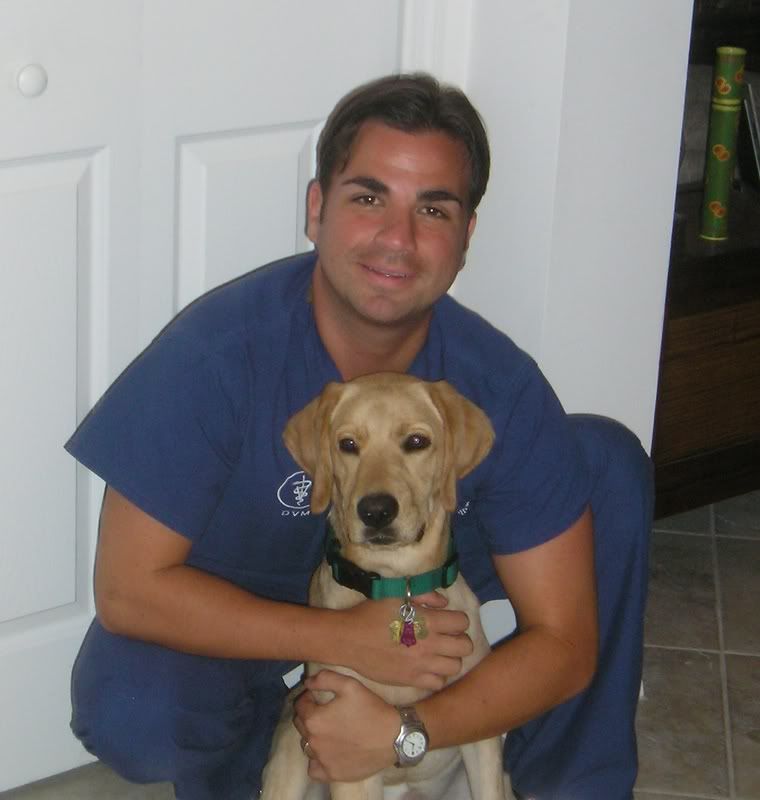CLICK HERE TO WATCH VIDEO AT MY YOUTUBE CHANNEL
Pets have become integral and beloved members of millions of families across North America. We provide them with special diets, unique toys and even grieve heavily when they pass away. Unfortunately, many dedicated owners fail to consider what might happen to their pets if they are suddenly unable to care for them.
Historically, this was never much of a concern. Pets have always been considered “property” by state and national governments and so when a person died, their possessions, along with the animals they owned, were disposed of as directed by the person’s will or by the probate court handling the estate.
Over the ages, many people have tried to incorporate special provisions into their wills for their pets. English Common Law actually began to recognize pet trusts as far back as 1842. But it’s only been in recent years that true strides have been accomplished.
The first problem to overcome was that of the legal hurdle that “property cannot legally own property”. This means that the animal (property) cannot receive money (more property) in a will for its continued care. In a similar manner, a pet cannot be named a beneficiary of a trust. But, in the 1990s, the Uniform Probate Code changed to actually permit pet trusts. To date, 45 of the 50 U.S. states allow an owner to create a trust for their animals.
The next, and probably bigger issue, is to educate pet owners about their options. Failing to consider what to do with your pet in the event you are unable to care for him or her could lead to your dog, cat or other pet ending up in a shelter or with a new pet owner.
Pet trusts actually provide many benefits. First, since trusts are valid even while the owner is still alive, even if he or she is disabled or incapacitated. This simple fact allows the pet’s care to continue without the necessity of going through probate.
In addition, if the owner needs to move to an assisted care facility or nursing home, a pet trust is valuable in helping to keep the pet and owner together.
Finally, and perhaps most importantly, a pet trust is administered by a trustee (separate from the pet’s caretaker) who has a legal obligation to follow the guidelines set forth by the owner. This helps insure that your wishes for your pet are carried out and helps minimize the potential for fraud. You will want to make sure you have selected a willing and trusted person as the caretaker before the time for one is needed.
As with any legal matter, you should discuss the potential for creating a pet trust with your attorney. Also, your veterinarian may know of attorneys who specialize in these sorts of trusts or even other resources that will help you provide for your pet after you are gone.
This is Roger Welton reporting, for The Web-DVM.
Dr. Roger Welton is the President and chief veterinarian at Maybeck Animal Hospital in West Melbourne Florida, as well as CEO of the veterinary advice and health management website Web-DVM.net.




2 comments:
This is so much more important that people would even realize. I work in a vet clinic, where this lovely older man had brought his dogs for years. He loved them so much, that he left $5000 in his will for whichever one of his children would assume care of the dogs. His cold-hearted daughter volunteered, took the money, and dropped both dogs at the county shelter, a facility with a 30 day stay of execution to get adopted. I wanted to punch her! Anyway, she got away with it, because the way the paperwork was set up, there was nothing really enforcing what she would do with the money. This is a great video for our ever aging population, and a lesson to parents, that as much as you may love your children, they may not be honorable or good people, and your should protect your pets accordingly.
I and an elderly person, in good health, but you never know. I am very pleased to know that this is possible, as I have 2 middle aged Jack Russells that could outlive me I need to know that they would be provided for. Before I saw this, I just figured one of my kids would step in and take the dogs, but now I feel I need to ask for a volunteer and make it official.
Post a Comment